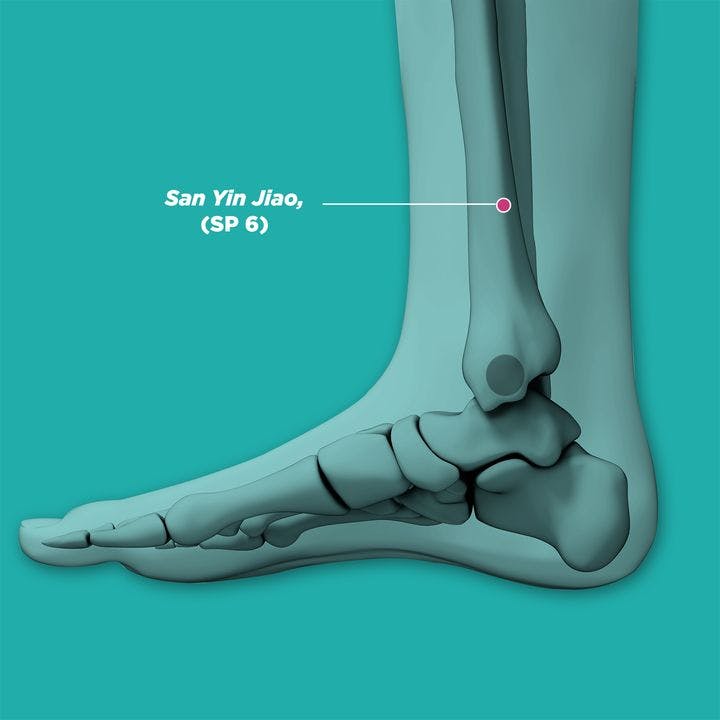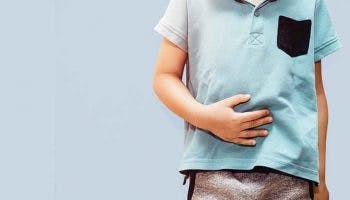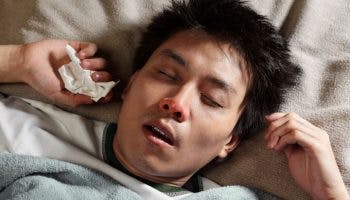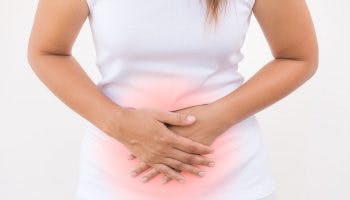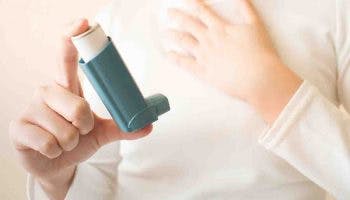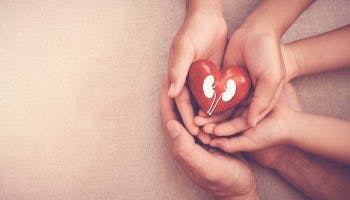How TCM Can Help with Oedema Treatment
Published | 6 min read
Oedema causes vary from person to person. Explore the Western and TCM perspectives on oedema and ways to treat it.
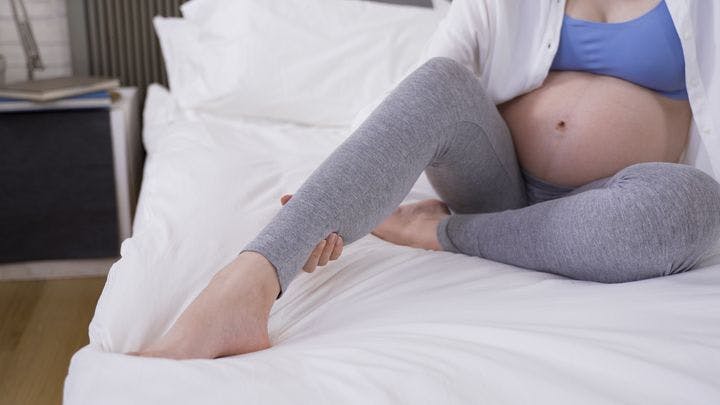
Have you ever suffered from oedema or swelling in your body due to excess fluid trapped in the body tissues? Although it can affect any part of your body,
Oedema Causes
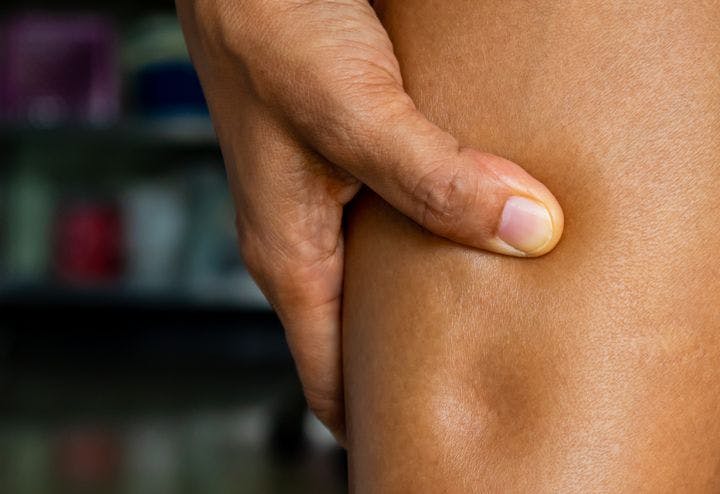
The cause of oedema may be pregnancy, consumption of
However, Traditional Chinese Medicine (TCM) shares a different view on what is causing oedema. “The main organs related to the development of oedema are the Lungs, Spleen and Kidneys. The
Mild oedema may occur due to sitting in the same position for a long time or eating salty foods. Pregnant women frequently suffer oedema.
At times certain oral medicines produce oedema as a side effect. These include medications for high blood pressure, non-steroidal anti-inflammatory medicines, steroids or
Other serious causes of oedema include heart failure, liver cirrhosis and kidney failure.
She advises avoiding spicy, irritating, cold and greasy foods as they damage the Spleen and stomach.
Signs of Oedema
Oedema may be difficult to detect, especially in overweight people. You can watch out for these signs:
- Swelling or puffiness of the tissue directly under your skin. You can try to press your skin and hold the finger pressed for a minute. If you have oedema, you will notice a dimple in the skin at the place.
- Stretched or shiny skin
- Increase in the size of your abdomen
See a doctor immediately if you also experience breathlessness, difficulty breathing, or chest pain. Also, contact your doctor directly if oedema develops after sitting for a long time, like on a long flight. In this case, oedema may indicate a blood clot deep in your veins, which can be life-threatening.
Oedema Treatment
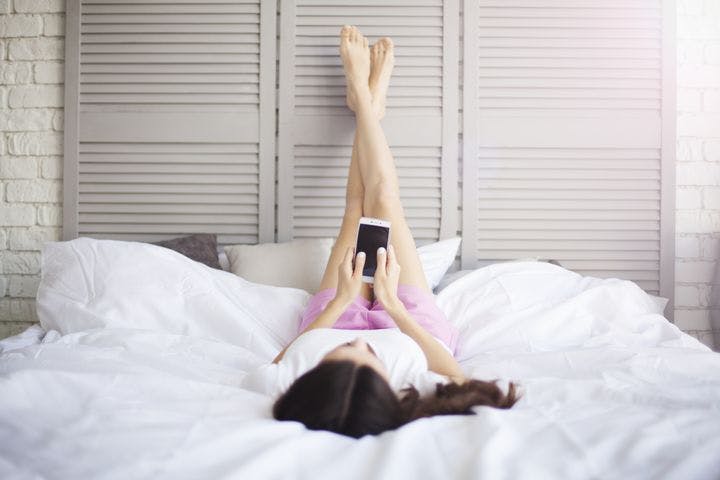
For any oedema that doesn’t go away or keeps recurring, you must see a doctor and ascertain the cause. If it’s due to a medical condition, you will need to treat it for oedema to be relieved. Mild or benign cases of oedema can be treated at home with these measures.
Home remedies
Physician Ho recommends simple home remedies and lifestyle changes to eliminate oedema without taking medicines. “Reduce the pressure on the lower limbs, avoid sitting or standing for a long time, and raise your legs if you must sit for a long time”, she says.
Raising your legs 80 to 90 degrees against the wall for 15 minutes before sleep will also help prevent oedema. Physician Ho also emphasises the importance of
Gently massaging the affected area towards the heart can also move the excess fluid out of the area. However, don’t massage your calves or leg muscles if you have been sitting for a long time or are at risk of having blood clots in your veins. Your doctor may advise you to wear compression stockings, sleeves or gloves. These keep pressure on the limbs and prevent fluid from collecting in the tissue.
Diet
Diet plays an important role in the development of oedema. Often, it may develop simply due to an increase in salt consumption. Reducing salt intake itself may be enough to resolve oedema. Besides this, Physician Ho recommends diet or tea therapy to invigorate the Spleen, nourish Lungs and Kidneys and help produce urine. She recommends
“Wintermelon (dong gua, 冬瓜),
Acupressure
Acupressure is an easy self-help technique that can be performed even at home. Use a blunt instrument or your fingers to massage specific acupoints in the clockwise and anti-clockwise direction for at least three minutes. Physician Ho recommends the zu san li (ST36, 足三里), yin ling quan (SP9, 阴陵泉), and san yin jiao (SP6, 三阴交) to get rid of oedema.
Pharmaceutical medicines
If these methods don’t help, you can always use medicines that help relieve oedema. However, it’s
Be wary of oedema causes and apply these tips to help you manage pain and swelling areas around your body. Do consult your doctor to ascertain the underlying cause if symptoms persist. Rest assured that there are effective therapies in both Western and alternative medicine that can relieve the issue.
References
- American Family Physician. 2005. Treatment of edema. [online] Available at:< https://www.aafp.org/dam/brand/aafp/pubs/afp/issues/2005/0601/p2111.pdf> Accessed on 5 August 2022]
- Comprehensive Therapy. 2001. Approach to diagnosing lower extremity edema. [online] Available at: < https://link.springer.com/article/10.1007/s12019-001-0021-5> [Accessed in 5 August 2022]
- American Journal of Kidney Diseases. 1994. Diuretic Drugs and the Treatment of Edema: From Clinic to Bench and Back Again. [online] Available at: < https://www.sciencedirect.com/science/article/pii/S027263861270272X> [Accessed on 5 August 2022]
Share this article on
Was This Article Useful to You?
Reviews (1)
Liked all of it. Learned more in 15 minutes than seeing my dr.who absolutely showed me 0/0.



